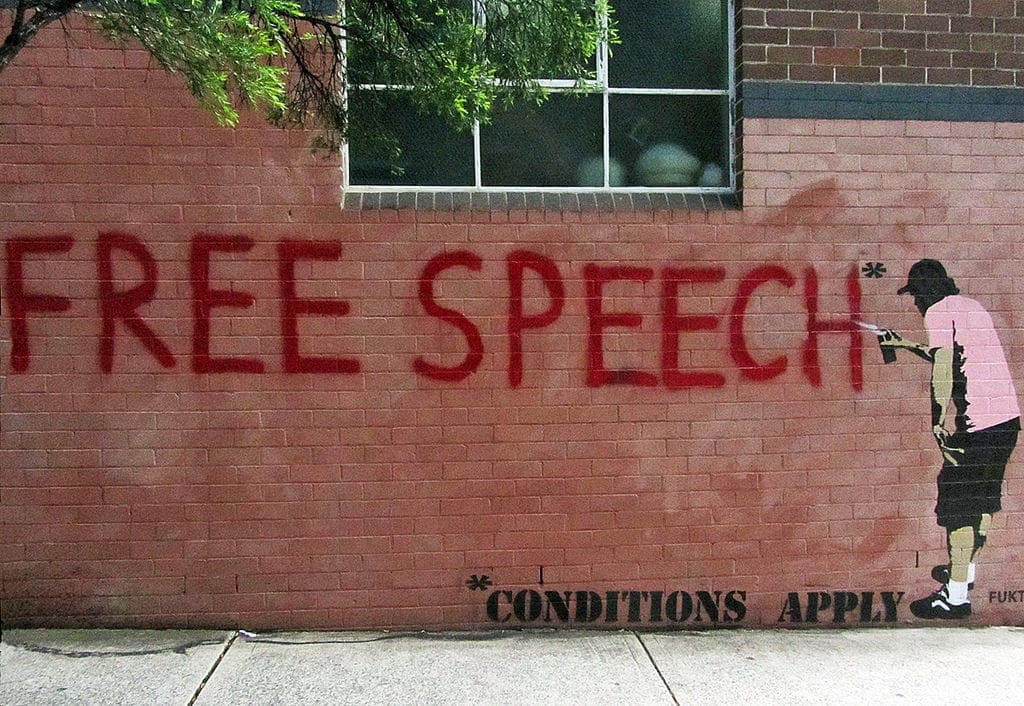Canadian universities have a history of restricting and oftentimes completely blocking students from sharing controversial or unpopular opinions on campuses. Now, a directive from a local government could help ignite change across the Great White North.
Ontario’s provincial government issued a mandate requiring that local universities, both private and public, come up with a free speech policy by the first day of 2019. It must emphasize that the school will protect speech while fighting “hate” speech.

In a release titled “Ontario Protects Free Speech on Campus,” the provincial government outlined what policies universities must follow, requiring these institutions to define free speech, base its protection principles on what the University of Chicago Statement on Principles of Free Expression states, and “ensure that hate speech, discrimination and other illegal forms of speech are not allowed on campus.” However, Canadian laws do not define what “hate speech” is.
Regardless, universities are expected to recognize that free speech protections don’t apply to discrimination or other forms of speech that could break the law. Still, there’s hope that these new policies could actually help expand Ontario’s young minds.
The country’s Supreme Court has established that “everyone can manifest their thoughts, opinions, beliefs, indeed all expressions of the heart and mind, however unpopular, distasteful or contrary to the mainstream.” If universities follow the rule established by Canada’s high court, the country’s reputation could benefit greatly.
Up until recently, Canadian schools made the news for providing a stifling environment to its students.
The problem is so widespread that in 2017, two-thirds of all Canadian universities received F grades for their lack of free speech protections from the Justice Centre for Constitutional Freedoms (JCCF)’s Campus Freedom Index. Student unions got zero A grades.
In many cases, universities were found to overlook the disruption of peaceful events while actually charging students with offenses “solely because of the content of their peaceful expression,” the Campus Freedom Index explained.
If Ontario’s example is followed by other provinces, the new policy changes could ignite a sweeping wave, helping students feel safe to exchange ideas again. With schools no longer shielding students from being exposed to different worldviews, they won’t fear being punished for expressing contrary opinions. In the end, everyone wins.
As Austrian economist Ludwig von Mises explained in “The Ultimate Foundation of Economic Science,” it was the very climate created by capitalism that gave people the freedom to openly discuss “the most momentous problems of philosophy, religion, and science … without any fear of reprisals on the part of the powers that be.” When universities, the very pillars of human expression and development in Western society, turn their backs to freedom of speech, they are turning their backs to centuries of progress, teaching their students that oppression is the pillar of a great society.
Is that the kind of message Canadian schools want to send their young enrollees? If Ontario’s move is considered, then the answer is “no” — and we should all be grateful for it.

























